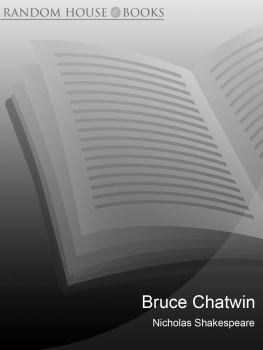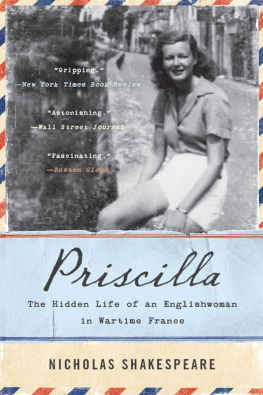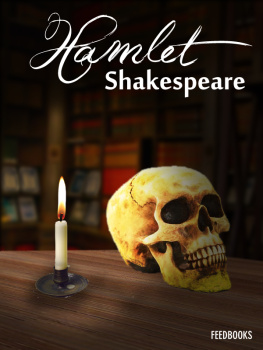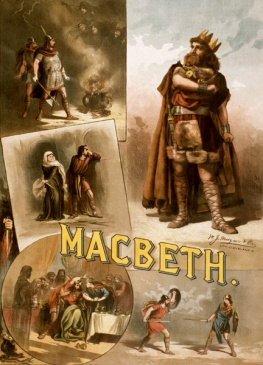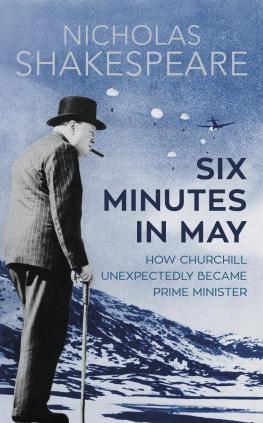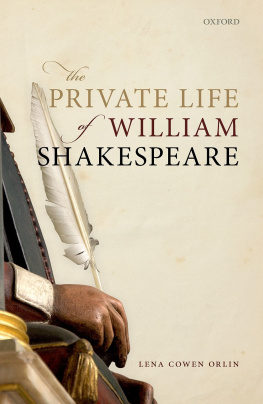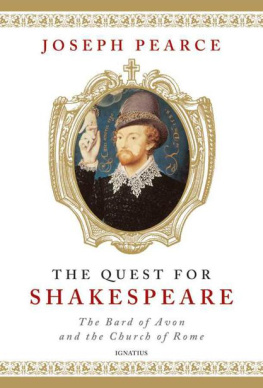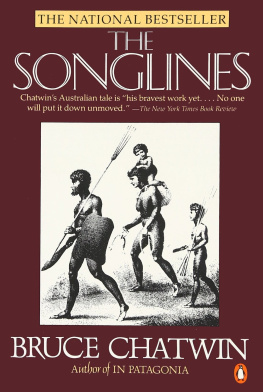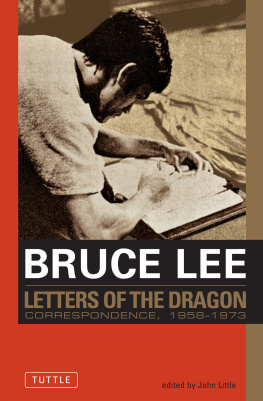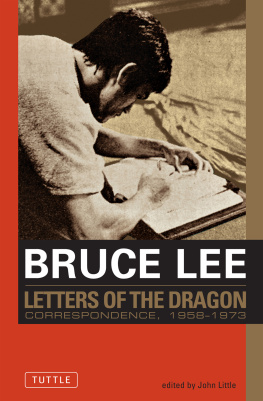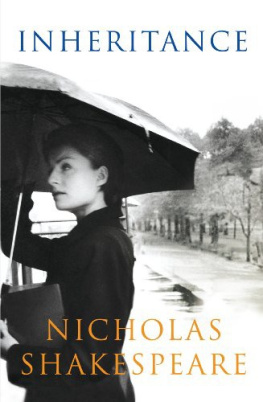The Swartkrans discovery has not been challenged and Brain remains convinced that here, more than a million years ago, there occurred the first step which released our ancestor from his subservience to big cats.
Brain took four more years to excavate the next eight metres. Close to the end of his life, impatient to have the finding registered, Bruce wrote from Vienna in 1987. Do I take it that the bits of blackened bone were burnt? And does this mean that the use of fire has been found with fossils associated with H. Habilis [sic]. Or is that going too far? Not until the following year was Brain able to demonstrate with confidence, microscopically and chemically, that the 260 charred pieces of antelope bone constituted good evidence of the earliest use of fire. In December 1988, the results were announced on the cover of Nature magazine. Bruce was dead before the news reached him.
Bruce never, except in letters, wrote about the events on 2 February, 1984. His discretion owes much to his respect for Brain: Swartkrans was his lifes work. But somehow it is typical that Bruce should have been party to this crucial archaeological discovery. So many of the threads of his life come together on that dolomite hillside: the uncanny good luck, the speedy in-and-out, the all-suggestive fragment, the speculative theory, the fascination with provenance and the origin of things. At last, he had scientific evidence to support his belief that man was not a bloodthirsty and cannibalistic aggressor, as authorities like Dart and Lorenz would have him.
Bruce hammered out his theory on the telephone to Colin Thubron. I got this wonderful call out of the blue, says Thubron. He was terrifically geared up about it. After all, what could be more important than trying to diagnose the origins of evil in the world? I remember his charge of intellectual delight. He wanted to share it with someone. He had held the bone in his hands. Colin, Ive just been down in South Africa and Ive been at the moment that they uncovered the earliest discovery of the domestic hearth, which puts back the discovery of fire to... and so on, then bang, down the telephone went and Bruce had disappeared for a year or two years.
Thubron wrote down what Bruce had said: If the sources of aggression are directed not against other human beings, but against the wild beast etc, then our condition is OK. The glitter-eyed cat disappeared, according to Bruce, at the same time as humans developed speech. He told Thubron, It was through language that the earliest hominids saved themselves. Language was the medium of uniting against the Beast.
The discovery at Swartkrans was a glorious affirmation of the work on which Bruce had been engaged for 16 years. On his return to England he signed a contract with Tom Maschler at Cape for the book he now decided to entitle The Prince of Darkness is a Gentleman.
The evidence of fire had suggested to Brain the perfectly valid speculation that language, and so storytelling, might have evolved from a need to issue warnings about our predator. Language came into being, Brain says, out of a need for far more precise communication and identification of objects and circumstances, and for more elaborate audible signals.
Our earliest stories were vessels for preserving vital information about how to survive: water supply, plant location and, possibly, the whereabouts of dinofelis. Brain makes no extravagant claims, but he does say that when fire was available, it lengthened the daylight hours and encouraged people sitting around the flames to discuss what they had done during the day. He calls fire a social facilitator and says that it promoted language because people had to be within the arc of firelight. If they strayed outside, they were in mortal danger.
The significance of fire was not lost on Bruce. From childhood he was fascinated by the priest-like figures who tended its flames. Shamanism, he declared at the beginning of his writing career, has always been connected with mastery over fire. His identification with shamans endured right to the end. In a hospital bed in Oxford, he wrote in what would be his last notebook: Arent all true healers from the prehistoric shaman on all thundermen? In his failing hand he added, the feminised man, healer, songmaster etc. always set apart in every tribe... Appeased. Honoured. Essential. The superior man. They were almost the last words he wrote.
For Bruce, as for the early guardians of fire, stories were not just entertainment: they concerned his own survival too. Man is a talking animal, a storytelling animal, he wrote in one of his black notebooks. I would like to think that he talked his way out of extinction and that is what talk is for.
Bruce Chatwins gift for instant intimacy meant that a lot of people felt they knew him. As often as not, it was the perishable intimacy of a first encounter. What impressed the Australian poet Les Murray was not the dazzle but the loneliness it concealed. He was lonely and he wanted to be. He had those blue implacable eyes that said, I will forget you, I will reject you because neither you nor any other human being can give me what I want. He reminded Murray, forcibly, of T. E. Lawrence.
Stephen Spender was also reminded of Lawrence. Two hundred years ago, Bruce might have conquered a large slice of Empire and he probably would have died early and been buried in Afghanistan. He didnt like England, but that is very English too. The British Empire, after all, was based on people trying to get away from Britain.
Bruce professed a distaste for Lawrence, as he did for anyone with whom he might be compared. I hate T. E. Lawrence. Well, I think I do. Incredibly unpleasant. Yet he was powerfully attracted to the myth and, like Lawrence, travelled as much to leave one self behind as to find another. He is in the tradition of Drake, Cavendish, Darwin, Bridges, says Professor Zampini, who entertained Bruce in Patagonia. For a long time the only way to be universal was to be English. You are an island open to the sea which takes you everywhere. Bruces father was a sailor. At heart we are an island of buccaneers and pirates, Bruce told Andr Malraux.
If hed lived in the nineteenth century, says Sandy Martin, an antiquities dealer who knew Bruce at Sothebys, he would have got a backer, a peer who fancied him, and been a good archaeologist and discovered something. This may account for his attraction to nineteenth-century figures: shipwrecked sailors who have lost everything and start again on the tip of the world; Europeans who create kingdoms in Patagonia; Portuguese who have the run of the Slave Coast. Ordinary folk, in other words, who leave the suburbs to reinvent themselves royally in the sticks.
In the late twentieth century, Bruce had to be a Stanley of literature, according to Gregor von Rezzori, exploring places which everyone else had passed over. He was attracted to small countries like Dahomey, where he might have felt quite powerful, says the American novelist David Plante. His attitude seemed to be: Except for the fact its too late, I might have run the Empire. But I certainly have a right to it in a retrospective way because I know more about it than anyone else. With Bruce, knowledge and fantasy became power.
He was English in the way of Lawrence and Burton, distancing himself from where he came from. Being an Englishman makes me uneasy, he said. I find I can be English and behave like an Englishman only if Im not here. His Englishness trailed him everywhere. It was part of him, from the way he talked, dressed, walked into any room confident of a delighted welcome. He had the self-confidence bred of the public school system, the English knack of being able to talk on all manner of subjects while being only half as knowledgeable as he was able to convey; and of disappearing just like that. Neal Ascherson describes this trait, the smile of the Cheshire cat: To be unfindable and untraceable that is an English dream! It is an idea of liberty which allows the individual to be present only when he or she chooses, but to retain the right and capacity to melt away.

